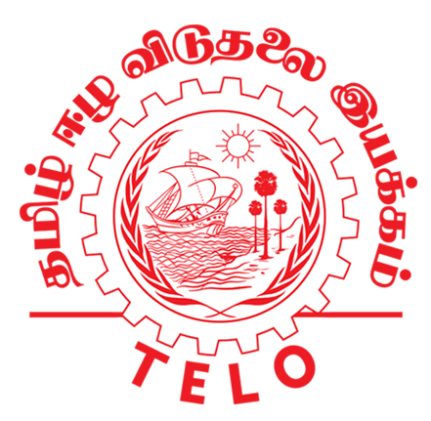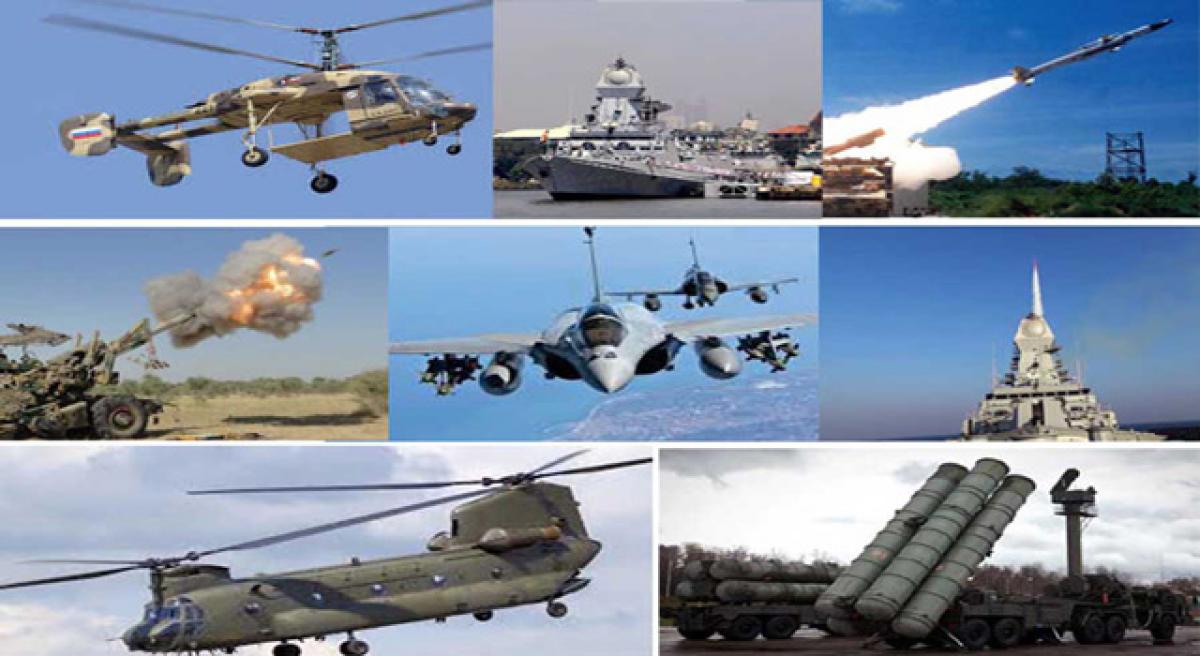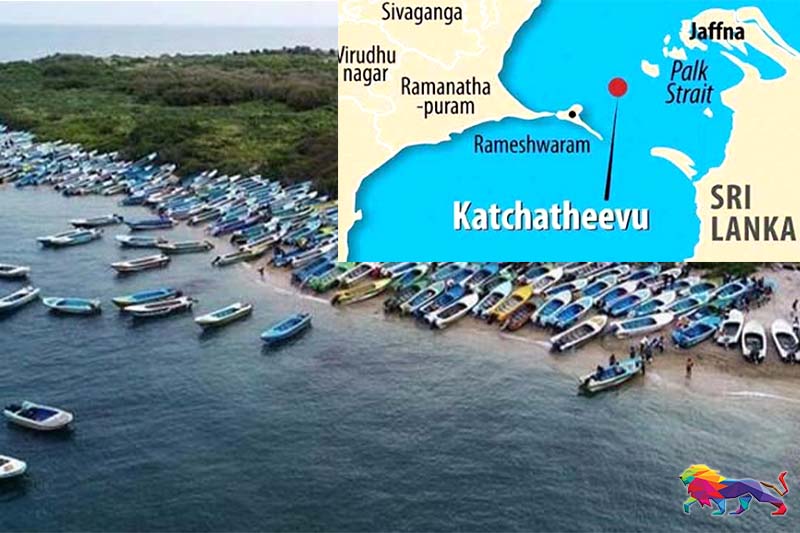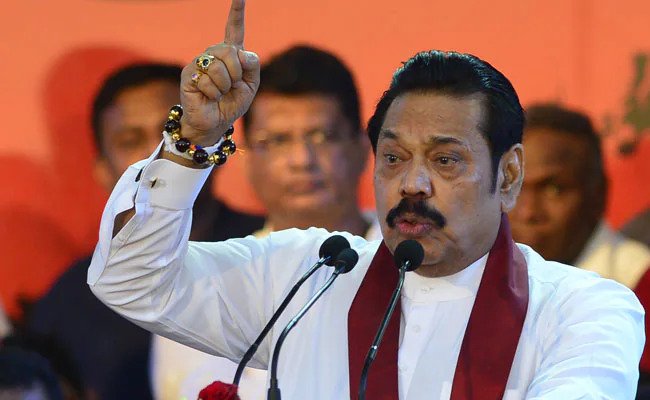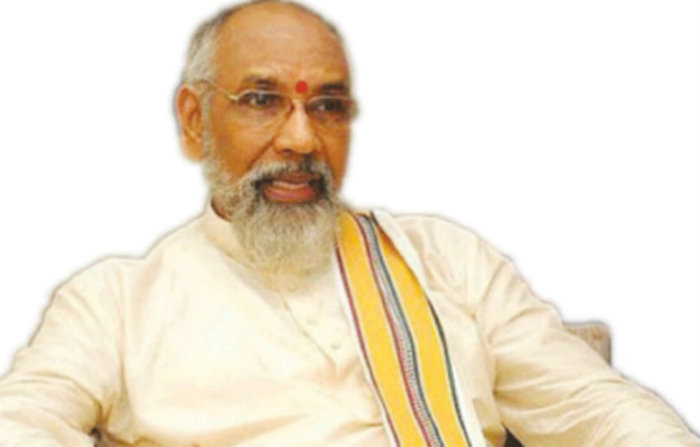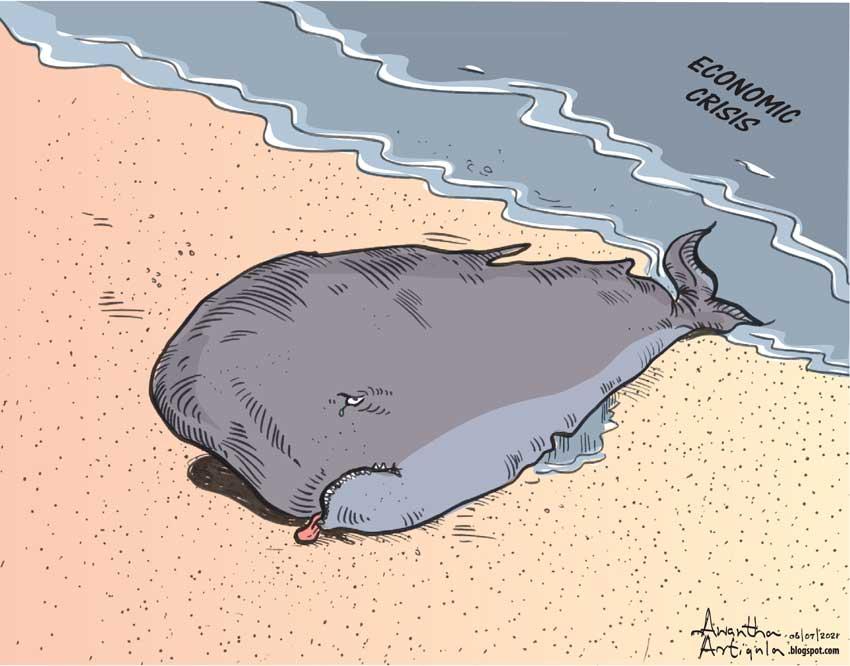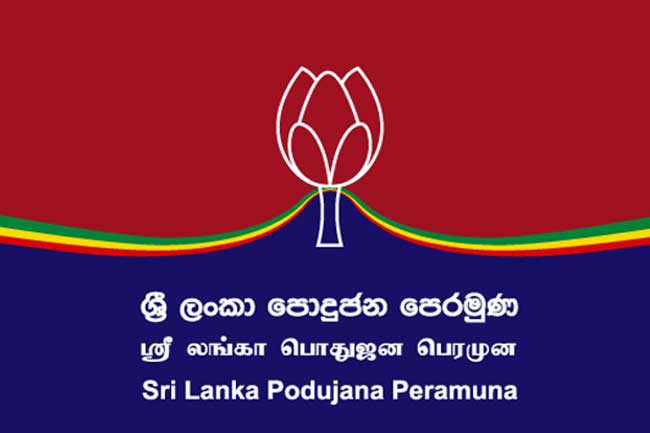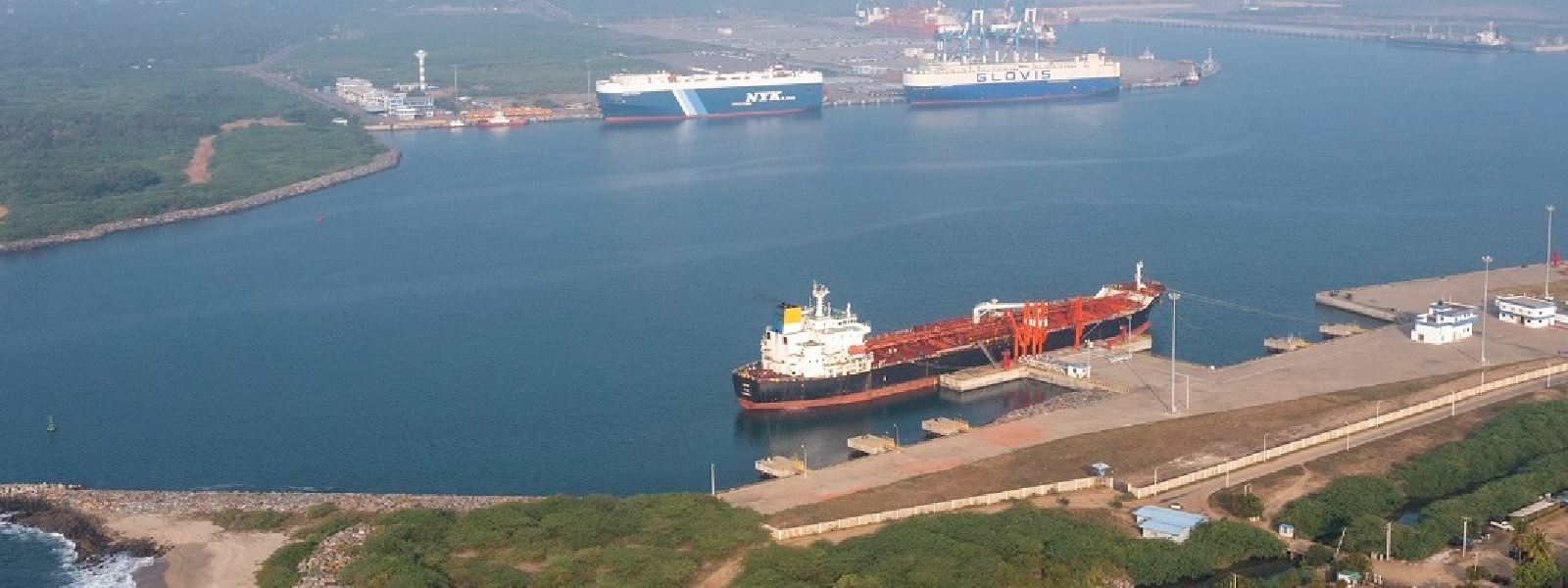Indian arm manufacturing firms showed the Delhi’s capability in arm manufacturing to Sri Lankan military at a seminar on Wednesday which the island nation expects to open the door for future joint collaboration in manufacturing and services.
Indian High Commission in Colombo High Commission organised the seminar titled “Identifying New Opportunities and Forging New Bonds” to promote Indian Made Defence equipment and explore avenues for collaboration in defence production.
India’s privately owned defence companies demonstrated the capability they have developed in manufacturing arms and other products including unmanned aerial vehicles (UAVs), latest drones, and latest earth movers used in war zones.
The delegation comprised representatives from Indian Defence companies including Hindustan Aeronautics Limited, Bharat Electronics Limited, Zen Technologies, SSS Defence, Bharat Forge, Big Bang Boom Solutions, AWEL, AVNL, Mahindra Defence, Sager Defence and TATA Advances System Ltd.
They presented their manufacturing capabilities and the advantages of using them in a modern war.
From the Sri Lankan side, Chief of Defence Staff, Commander of Sri Lanka Navy, Commander of Sri Lanka Air Force and other senior officers from Sri Lankan Armed Forces, Police and Special Task Force attended the event along with representatives of leading Sri Lankan business conglomerates.
Santosh Jha, the Indian High Commissioner to Sri Lanka underlined the increasing diversification of India-Sri Lanka bilateral cooperation across domains, including in security and defence matters.
“He emphasised that because of geography, the security of India and Sri Lanka is interlinked and intertwined,” Indian High Commission of Sri Lanka said in a statement.
“India’s defence exports today stand at nearly 2.6 billion US Dollars, a ten-fold increase over the past five years. High Commissioner stated that the seminar was another platform to explore ways of extending India’s increasing capabilities in the defence sector to Sri Lanka.”
TOUGH PAST
Sri Lanka military had been in desperate situations for modern arms when they were fighting a civil war against Tamil Tiger rebels popularly known as Liberation Tigers of Tamil Eelam (LTTE) who demanded an independent state in the island nation’s resourceful North and East.
The military, however, ended the 26-year war in 2009 annihilating all LTTE leaders including its supreme leader Velupillai Prabhakaran.
India, which strongly backed LTTE by providing arms and training in the early stage of the war, took a complete U-turn and helped Sri Lanka military in the final stage of the war.
The LTTE killed Indian Prime Minister Rajiv Gandhi in 1991 after his government sent Indian Peace Keeping Force (IPKF) to stop the violence in the North as per a deal signed between the two neighbours.
India, along with China, Pakistan, and the United States helped Sri Lanka to end the war amid strong concerns over war crimes and human rights violation by the Sri Lankan armed forces.
Since the end of the war, India has been increasingly involved with Sri Lanka armed forces, providing trainings and conducting joint military exercises with a special focus on maritime security after China increased its footprint in Sri Lanka.
China has owned Sri Lanka’s largest port in the country’s deep southern district of Hambantota where the world’s second largest economy is in the process of building a $4.5 billion refinery and establishing an investment zone.
USING INDIAN WEAPONS
A similar Defence Seminar and Exhibition has been conducted in June last year, the Indian High Commission said.
“Sri Lanka Armed forces have been successfully operating a range of Indian defence equipment like L-70 guns, Indra Radar, Offshore Patrol Vessels and Army training simulators,” it said.
“More recently the GoI (government of India) has committed supply of Floating Dock, Maritime Rescue Coordination Centre and Dornier aircraft which would ensure capacity building of Sri Lanka Armed Forces.”
Shri Anurag Bajpai, Indian Defence Ministry’s Additional Secretary (Defence Production) reassured that India stands committed towards ensuring capacity and capability building of Sri Lanka Armed Forces as part of Prime Minister Narendra Modi’s vision of SAGAR (Security & And Growth for All in the Region).
“He highlighted the common security challenges faced in the Indian Ocean Region and called for enhanced collaboration to create a safer environment,” the Indian High Commission said in a statement.
“He shared Aatma Nirbhar Bharat’s, self-reliant India’s upward trajectory in establishing robust R&D (research and development) and indigenous manufacturing ecosystems, while fostering innovation and entrepreneurship”.
“NEW AREAS OF ECONOMIC REVIVAL”
Sri Lanka has been looking for collaboration to earn foreign exchange in all sectors including military since an unprecedented economic crisis in 2022 which forced the country to default sovereign debts.
Since then, the island nation has yet to pay its private and bilateral external creditors.
“This could hopefully open the door to future joint collaboration in manufacturing and services as well as joint research and development, thereby identifying new areas for economic revival whilst ensuring capacity building of the Sri Lankan Armed Forces,” State Minister of Defence Premitha Bandara Tennakoon told the participants at the seminar.
“…as we embrace the era of fourth industrial revolution technologies, we must adapt to the changing landscape of warfare,” he said.
“Innovations in artificial intelligence, cyber security, unmanned systems, and space technologies have revolutionized the way we perceive defence and security.”
“It is essential for us to remain at the forefront of these developments, continuously modernizing our armed forces to counter emerging threats effectively. I believe this seminar is therefore taking us in this future direction.”




